Blog
Unless otherwise stated, content is shared under CC-BY-NC Licence
Undateables – methods for determining date ranges for born-digital documents when file system dates go bad
Paul Young is Digital Preservation Specialist/Researcher at the National Archives UK
What’s the problem?
Determining reliable dates for digital records can be a source of frustration, especially when confronted with a large volume of digital files with dates that are obviously incorrect, such as why your Microsoft Word Document 1997 version dates from 1st January 1970.
Dates are very important for The National Archives in particular as we look to transfer records from departments under the 20-year rule of the Public Record Act. When these dates are unknown or obviously incorrect, we cannot be sure if a department is in compliance with the Act.
The National Archives uses the ‘date last modified’ generated by the file system, and extracted via DROID, as the standard ‘go to’ date to populate the official ‘date’ entry in our catalogue. After seeing several collections and scenarios where the ‘date last modified’ did not provide an accurate date for the file we have been doing a bit of investigation of other methods for extracting accurate dates for born-digital records.
UoL Digital Ecosystem: a collaborative approach to preservation and access
Russell Kennedy is Web and Digital Solutions Analyst and Ed Pinsent is Digital Archivist at the University of London
Introduction
You join us at an exciting time. The University of London (UoL) is embarking on an ambitious, collaborative programme of work, which aims to create a culture of digital best practice throughout the institution. Central to this initiative is the long-term digital preservation of content, and our aim is to weave the importance of preservation into the fabric of the University, building it into job descriptions and training provision.
Stand By Me
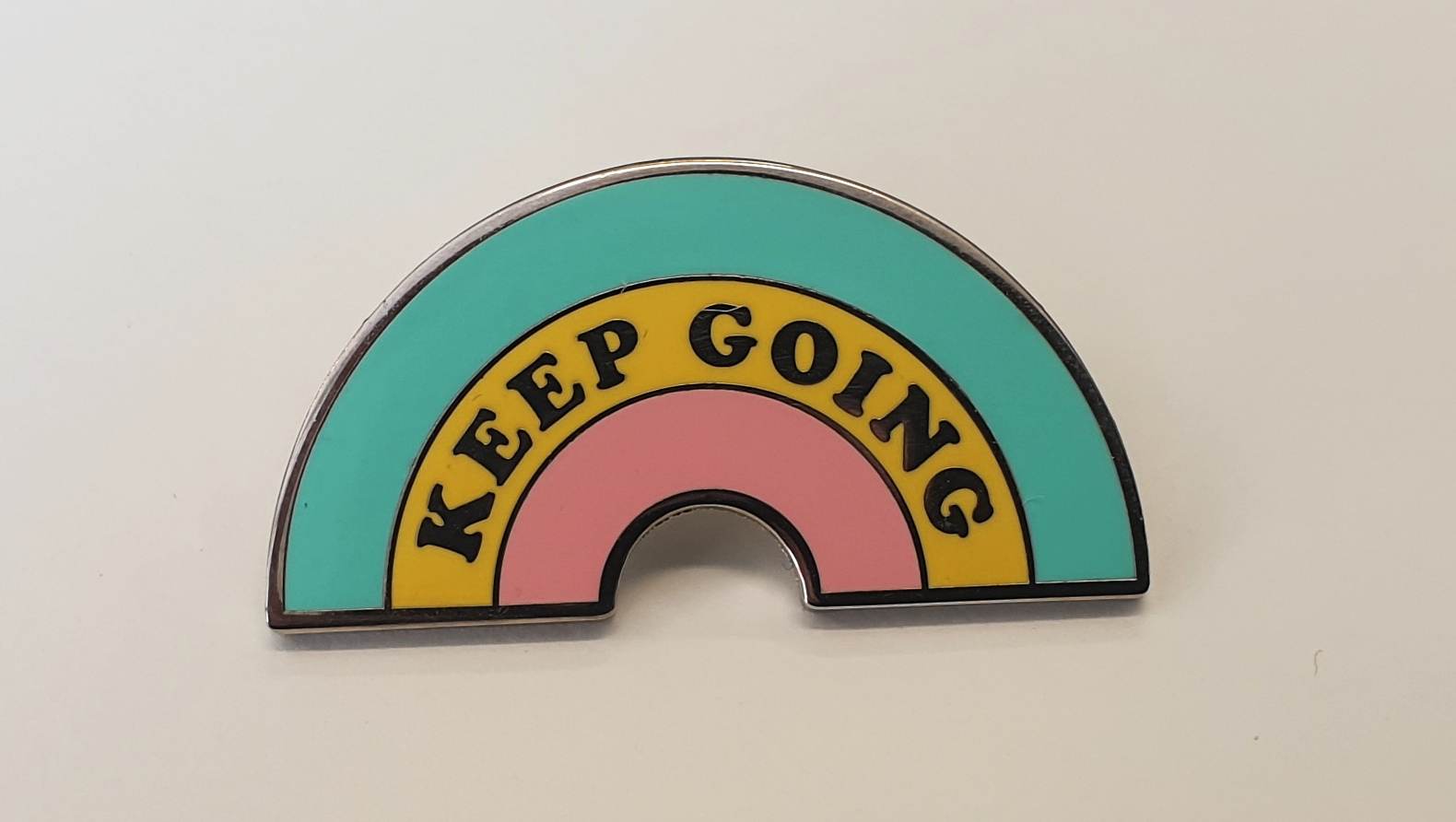 I’ve got a lot of mileage on this blog from writing about our Inclusion and Diversity policy, from the point we decided to create one, to its publication, but this time I’m going to talk about one of the more personal reasons why it was important to me. This week in the UK is Mental Health Awareness Week and I didn’t want it to pass without recognising why it is important and why we need to talk more openly about mental health. Discussion of mental health is still too often taboo and those who suffer from issues stigmatised. So, when I was diagnosed with anxiety and depression just over two years ago, I decided that I would never shy away from sharing my own experience.
I’ve got a lot of mileage on this blog from writing about our Inclusion and Diversity policy, from the point we decided to create one, to its publication, but this time I’m going to talk about one of the more personal reasons why it was important to me. This week in the UK is Mental Health Awareness Week and I didn’t want it to pass without recognising why it is important and why we need to talk more openly about mental health. Discussion of mental health is still too often taboo and those who suffer from issues stigmatised. So, when I was diagnosed with anxiety and depression just over two years ago, I decided that I would never shy away from sharing my own experience.
“Insert Coin to Continue” – summary of a briefing day on software preservation
Last week I was happy to be able to tune into the Jisc sponsored DPC briefing day on Software Preservation ‘Insert Coin to Continue: A briefing day on software preservation’.
Did you know that DPC briefing days are recorded and available for DPC members to watch live? This is quite a task, especially when working with a range of different venues, but so important for our international members, and those institutions that do not have a large budget that can be spent on travel.
Capturing Luxembourg Elections
“Television is no gimmick, and nobody will ever be elected to major office again without presenting themselves well on it.” – Roger Ailes, 1968.
Even though TV and print media still prevail in the Luxembourg political environment, the influence of online information is continually growing. The days when elections are either won or lost, based on the success of online campaigning may not be far away. Recently, Luxembourg has seen an exceptional time in political discourse, since the country held local elections in 2017 and national elections in 2018 (plus the European elections in 2019).
As a pilot project in targeted web crawls, the National Library of Luxembourg has archived over the course of two years: websites, social media profiles and online news media in relation with local and national election campaigns. While we were able to include Facebook and Twitter profiles of candidates and political parties, aiming at completeness in capturing all relevant content from social media was simply out of reach, due to technical hurdles and not being able to keep up with the pace of changing content.
Ten IT skills you need to have to work with digital preservation and one skill to rule them all
Like many of my digital preservation (DP) contemporaries I too read archaeology, as part of my history degree. My degree encompassed the Neolithic (We played with really sharp flint tools) to the ‘Dirty Harry’ movies (That made my day) If nothing else it taught me the circular nature of history. The past may be a different country but it’s one we seem to visit again and again.
It’s not (Necessarily) a failing of our profession that the same questions are asked again and again, it’s a reflection of change and evolution in things like IT, society and how we move the past into the future. Amidst this change, perhaps because of it, the context of the questions asked changes; ask the same question over twenty years and the answers will vary.
The Bits Must Flow! An Introduction to New-ish DPC Member, Internet Archive
Maria Praetzellis is Web Archiving Program Manager for the Internet Archive
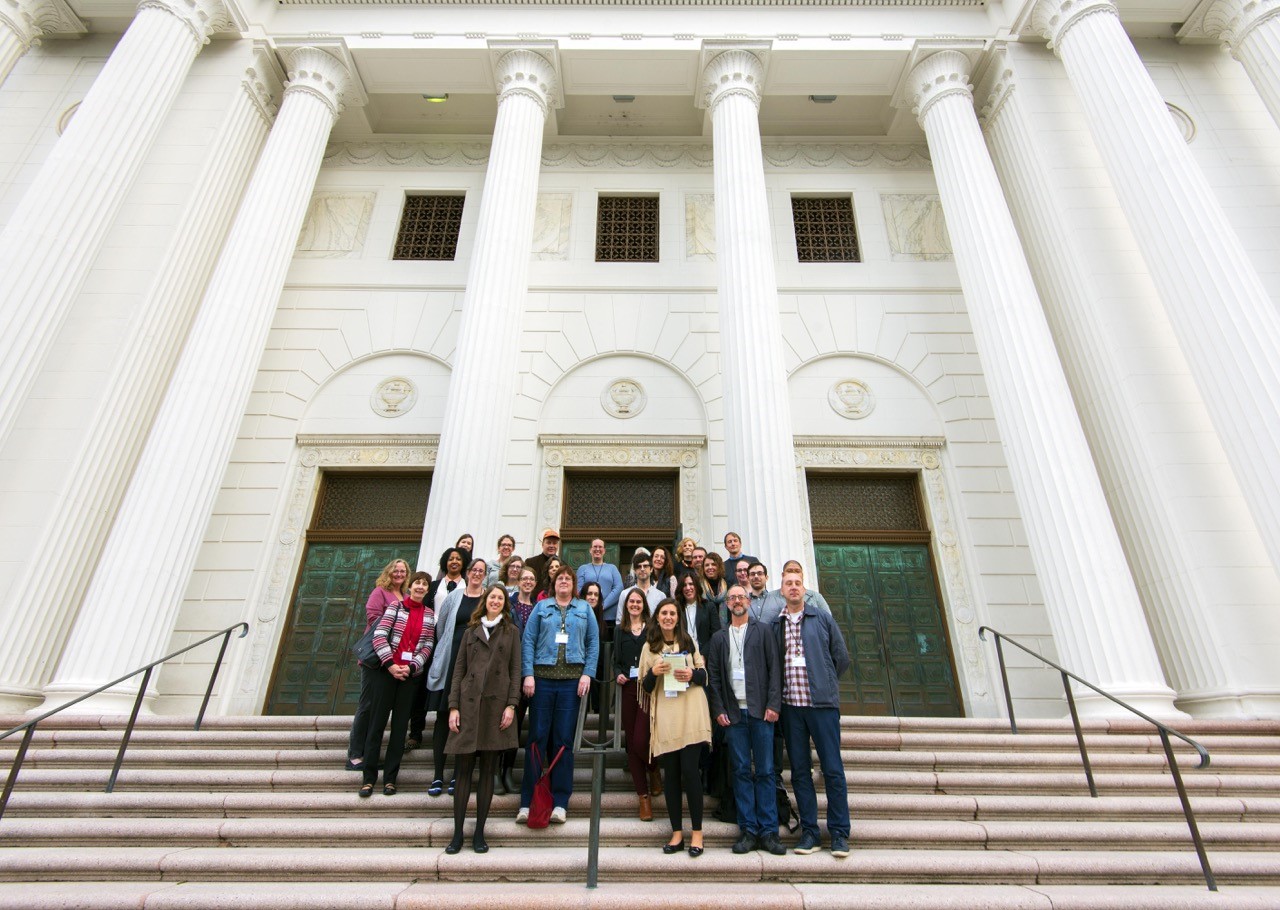 Community Webs cohort members at Internet Archive Headquarters, San Francisco, CA
Community Webs cohort members at Internet Archive Headquarters, San Francisco, CA
We are known for many things at the Internet Archive: a place to play long lost arcade games, listen to old 78 rpm records, or, most recently, finding that old MySpace track “accidently” deleted from the live web. Most people know us by the Wayback Machine, as we are the oldest and largest publicly available web archive.
PASIG 2019, 12-14 Feb, El Colegio de México, Mexico City (part 2)
Rachel Tropea is Senior Research Archivist at the University of Melbourne and and attended PASIG2019 with support from the DPC's Leadership Programme which is generously funded by DPC Supporters
This is the second of two blog posts about PASIG2019 held at El Colegio de México in Mexico City. In the previous post I looked at the history and organisation of Preservation and Archiving Special Interest Group Meeting (PASIG), and in this post I summarise the content of select presentations.
There is a broadening scope of professionals and skill sets that are included under the umbrella of ‘digital preservation’ and this was reflected at PASIG, both in the presentations and in the list of attendees. The overriding theme of the conference was that people, values, politics, policies and resources are integral to and intertwined with the technical components of the infrastructure landscape.
The 'Capstone' email appraisal approach
Alexander Roberts is Digital Humanities Manager/Research Data Manager at Swansea University and attended iPRES2018 with support from the DPC's Leadership Programme which is generously funded by DPC Supporters
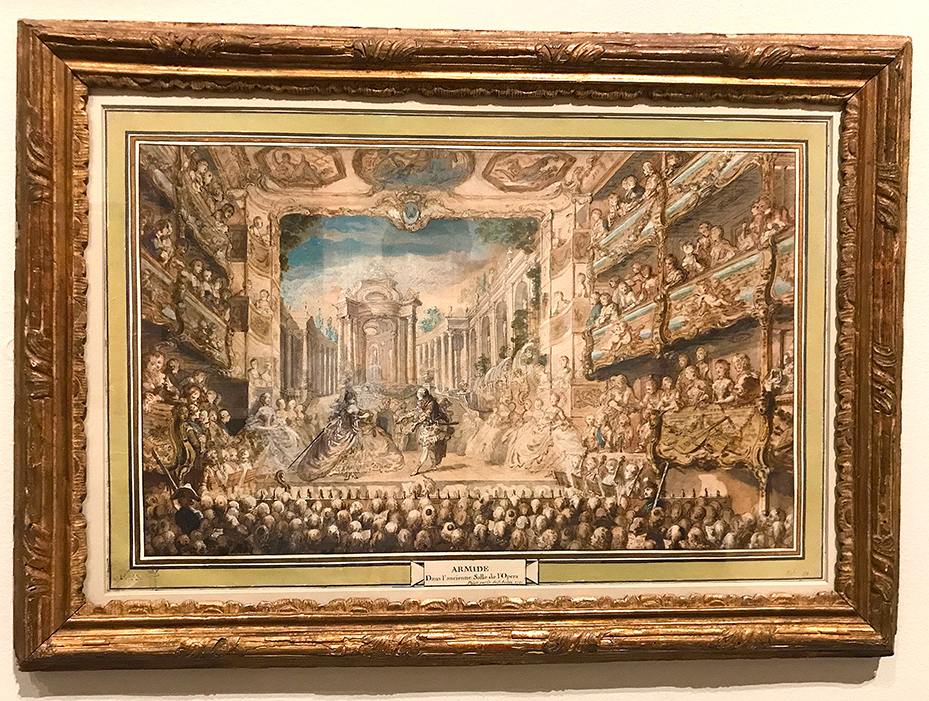
Welcome to my second blog post relating to themes and projects which sparked my imagination as a result of attending iPres2018, the international digital preservation conference, last September in Boston, USA. As I mentioned in my previous blog post discussing Denmark’s national digital preservation legislation, I am looking backwards in reflecting on takeaways from iPres2018, whilst very much looking forward to what iPres2019 has to offer.
In this two-part post, I will briefly discuss the history that led to the creation of the 'Capstone' email appraisal approach, which I first learned about during a session entitled, 'Archiving Email: Strategies, Tools, Techniques. A tutorial by[:] Christopher John Prom, Patricia Patterson, Wendy Gogel, William Kilbride, Ricardo Ferrante, Glynn Edwards, and Camile Tyndall Watson' on day one of the conference. I will also discuss what the approach means from a practical point of view and what its potential application within a University environment might look like. In part two I will discuss some of the tools available to accomplish this type of preservation and touch on wider questions concerning corporate communications and recent changes in relation to the tools used in complex environments.
Building Connections Through Data Conversations At Lancaster University
Josh Sendall is Research Data Manager at Lancaster University Library (the Library)
When you’re enabling Research Data Management (RDM) best practice it’s easy to get caught up in the systems and services. To focus on processes - on planning, storing, transferring, archiving and sharing digital objects. And yet, behind every Data Management Plan, behind every dataset, there’s a person making a contribution to scholarship.
At Lancaster University every few months we convene 'Data Conversations.' These are two-hour events where current Research Data Management issues are discussed. We start with an informal free lunch for all attendees, followed by a mixture of short talks and panel discussions. Bringing our researcher community together in this relaxed and friendly environment continues to provide a dynamic and innovative platform. What's more, it's a chance to meet researchers from different disciplines and at different career stages — what's not to like!
































































































































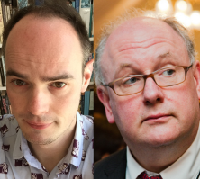




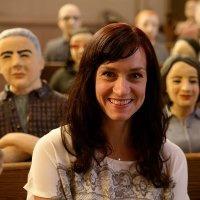

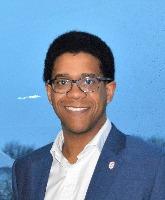
Read more...